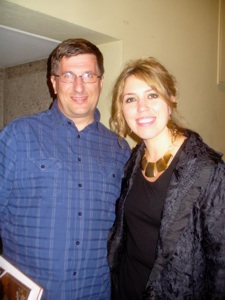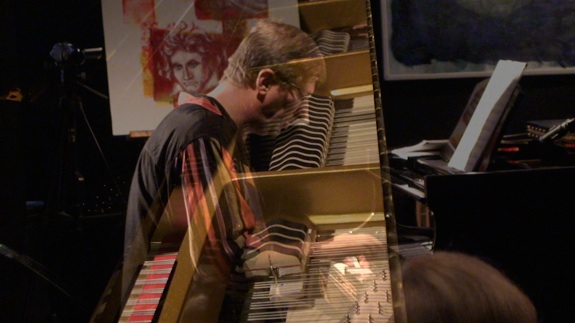Improvisation … demystified
What if …
… you could communicate musically as you can with words?
You feel something and want to share it … and you simply do it.
Whether you play a Schumann piano piece, some Scriabin, a Beatles song …
OR …
you don´t need sheet music at all !!!
You´d be able to express yourself musically instantly, with musical words floating through your mind!
Never gonna do it? You can´t? You´re not a jazz musician? Yes, but …
What other excuses do you have?
It´s simply a matter of gathering the vocabulary, the musical words.
You don´t need to be the next Keith Jarrett or a professional Jazz musician.
But we all can communicate with music, be it a simple rhythm, or … one day, not too far away …
doing your own little or not so little notes!
I can help you. It´s easy and it´s fun!
Let´s learn improvising!
Can´t imagine?
How does it actually work, what can be taught?
Find it on the next page (Jazz Education).
Meanwhile, let´s discover some improvisation examples as shown below.





